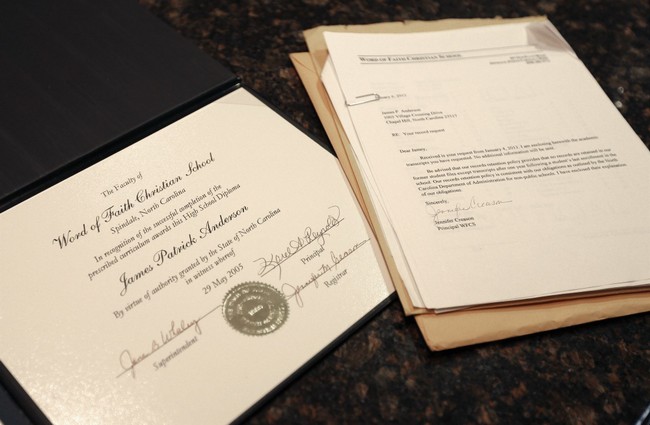Universities Face Backlash Over Grade Inflation and Its Risks

Grade inflation in higher education is generating significant concern, with critics arguing that it compromises the quality of expertise in key professions. The trend of awarding high grades for minimal effort leads to a generation of graduates who may not possess the skills necessary to fulfill their roles effectively. This situation raises alarm about the potential consequences for society, particularly when individuals in critical professions—such as doctors, lawyers, and teachers—lack adequate training.
The implications of grade inflation extend beyond the walls of universities. Many educators are now observing its effects in the K-12 education system. According to anecdotal evidence from a former high school Reading Remediation coach, numerous students are graduating without the essential literacy skills needed for success. “I encountered students who should have been held back due to inadequate reading abilities,” they stated. “Time and again, I worked with 15-year-olds who were barely literate.” These students, lacking foundational skills, face an uphill battle in the workforce.
Many public schools are issuing diplomas to students who may have not met the necessary requirements. For instance, it is reported that in some schools, students who struggle to communicate in English receive the same diplomas as their peers who have completed rigorous academic programs. This disparity creates an inequitable environment, where hard-working students are overshadowed by those who have not earned their credentials through demonstrated effort.
The situation is compounded by the prevalence of grade inflation in high school courses. In one local public school, it was noted that approximately 50% of students achieved an A in 10th grade Chemistry. This raises important questions about preparedness for higher education. When these students enter college-level Chemistry courses, many are likely to struggle, resulting in failures that not only waste tuition but also undermine their confidence and future prospects.
Critics assert that this crisis stems from systemic issues within educational institutions, including the reliance on student evaluations of professors. This system has led to a reluctance to uphold academic standards, as students often push for higher grades based on their evaluations. The pressure to ensure that “everyone must attend college” further complicates the situation. This societal expectation overlooks the value of vocational education, which can provide students with viable career paths without the burdens of a traditional college degree.
The conversation surrounding grade inflation and educational standards is timely, especially in light of the ongoing ramifications of the Covid-19 pandemic. Many educators believe that the challenges presented during the pandemic have only exacerbated existing issues within the education system.
Addressing grade inflation requires a commitment to rigorous academic standards from kindergarten through college. There is a growing consensus that educational institutions must prioritize quality over quantity, ensuring that students are genuinely prepared for the challenges they will face in their careers.
Education reform advocates argue that introducing school choice could foster competition among institutions. As schools strive to improve outcomes, they may be compelled to adopt more stringent academic standards, benefiting students in the long run.
In summary, the issue of grade inflation poses significant risks to the integrity of educational credentials and the competencies of future professionals. Stakeholders in the education system must take proactive steps to address these challenges, ensuring that all students receive the quality education they deserve.






